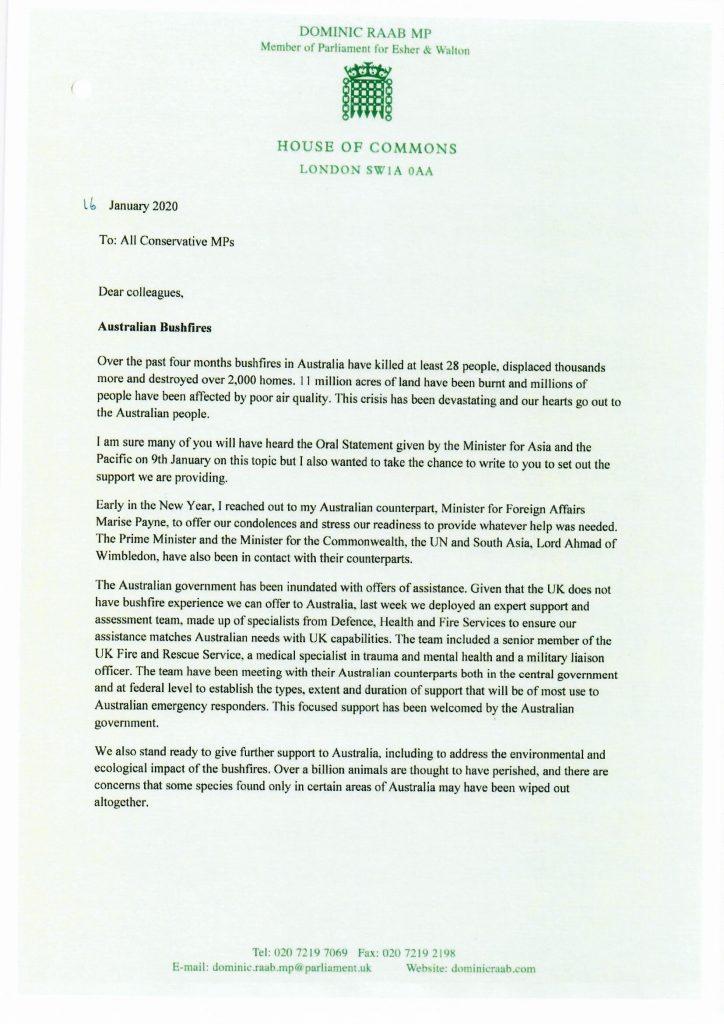UK to grow faster than Eurozone
The IMF published their latest forecasts for growth yesterday as I opened the first debate in Westminster Hall this decade, choosing the topic of how to promote faster growth. The IMF cut some of their forecasts. They also drew attention to how the monetary easing (other than in the UK) has led them to expect 0.5% extra growth world wide within their 3.3% forecast for 2020.
The IMF expects the UK to grow at 1.4% in 2020 compared to 1.3% for France, 1.1% for Germany and 0.5% for Italy and 1.3% for the Euro area as a whole. These are poor Euro area figures and are despite the Euro area enjoying a substantial monetary easing from the ECB. The UK could grow faster than that if the government and Bank of England took the actions I have been proposing.
The IMF shares many of the assumptions of the Davos internationalists, urging states to drive the green revolution faster. The IMF usually fails to forecast turning points, missing recessions until they are happening, and exaggerating negative consequences for any country not following the global agenda.
It is probably right to be so pessimistic about Italy where the Euro rules impede change and about Germany where the green policies are damaging the car industry. The UK should continue to outperform the Eurozone this year if pro growth policies are followed through.

